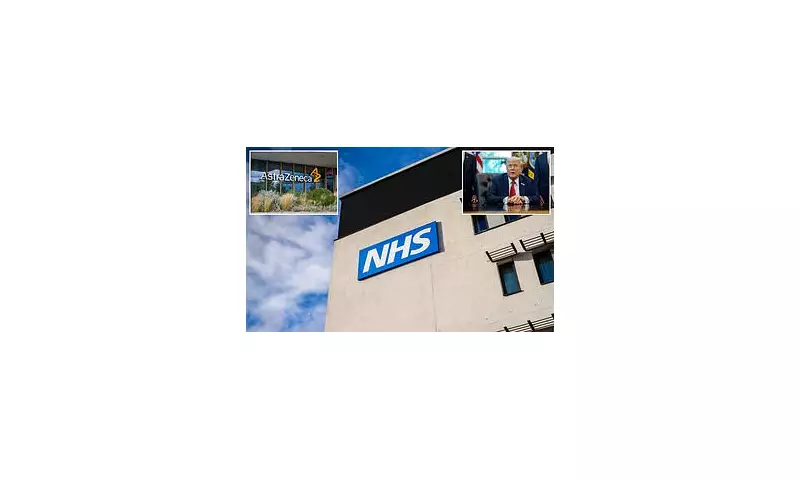
The National Health Service is confronting a potential financial catastrophe as looming trade policies from a possible second Trump administration threaten to add nearly £1 billion to its annual drug bill. This comes at a critical time when major pharmaceutical companies are already reconsidering their UK investment strategies due to ongoing pricing disputes.
The Transatlantic Trade Threat
Industry analysis reveals that proposed tariffs on pharmaceutical imports could increase the NHS's medicine expenditure by approximately £950 million each year. This staggering figure represents one of the most significant financial threats to the health service's already strained budget.
Senior government officials have confirmed that Treasury and Department of Health executives are actively developing contingency plans to mitigate what they describe as a "worst-case scenario" for public healthcare funding.
Pharmaceutical Investment Exodus Fears
Compounding the tariff concerns, Britain's flagship voluntary scheme for branded medicines is facing a crisis of confidence among major drug manufacturers. Several prominent pharmaceutical companies have either frozen or are reconsidering substantial investments in UK research and manufacturing facilities.
The standoff centres on the government's drug pricing agreement, which some industry leaders claim makes Britain an increasingly unattractive market compared to European neighbours and the United States.
Industry Leaders Sound Alarm
One pharmaceutical executive, speaking on condition of anonymity, revealed: "We've paused significant capital allocation decisions until we see how the pricing volatility resolves. The combination of domestic pricing pressures and potential international trade barriers creates unacceptable uncertainty for long-term investment."
The Department of Health maintains that their voluntary pricing scheme delivers excellent value for the NHS while supporting the life sciences sector. However, internal documents suggest growing concern about investment diversion to countries with more favourable market conditions.
Political Storm Gathering
Shadow Health Secretary Wes Streeting has seized on the revelations, accusing the government of "asleep at the wheel" while both international trade risks and domestic investment concerns escalate simultaneously.
Meanwhile, Treasury sources indicate that contingency planning for potential tariff impacts is well underway, though they stress that the situation remains fluid given the uncertainty surrounding US electoral politics.
The coming months will prove crucial for both the NHS's financial stability and Britain's position as a global leader in pharmaceutical research and development.





